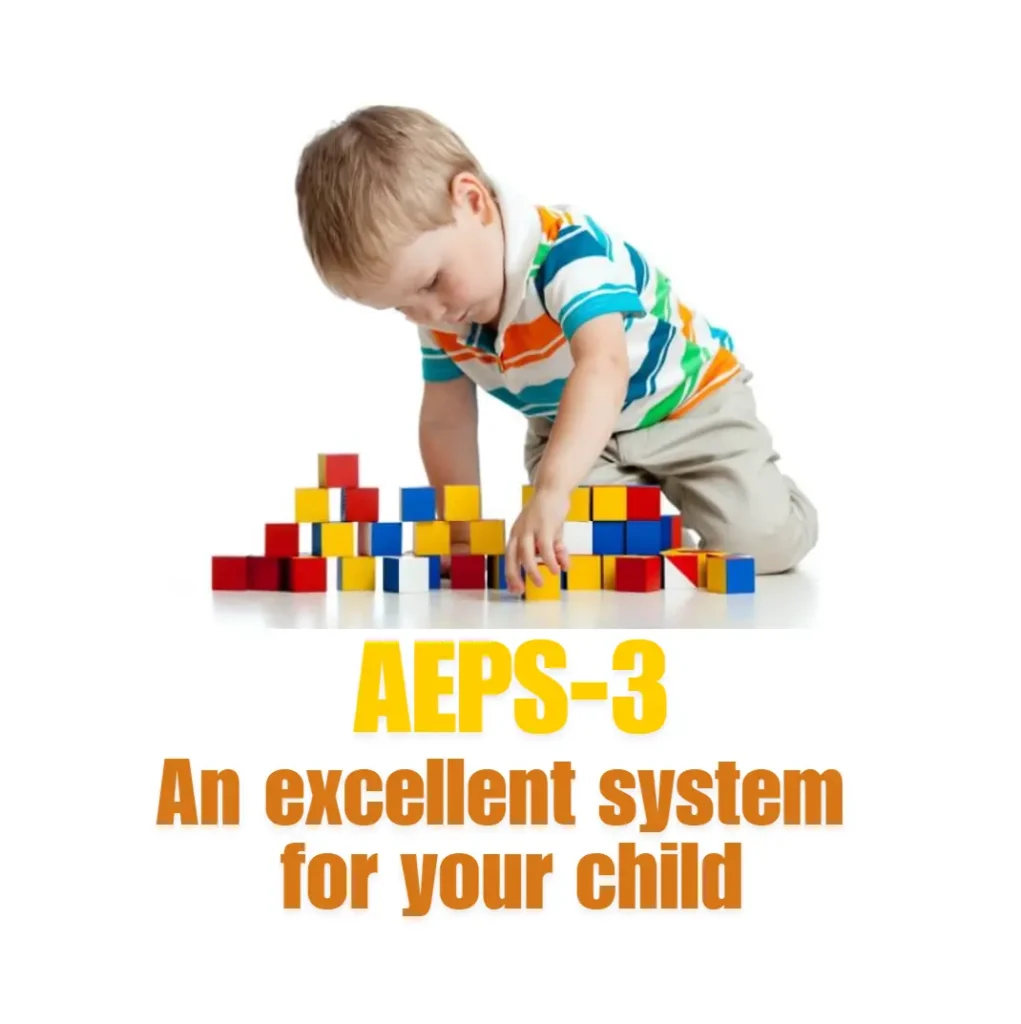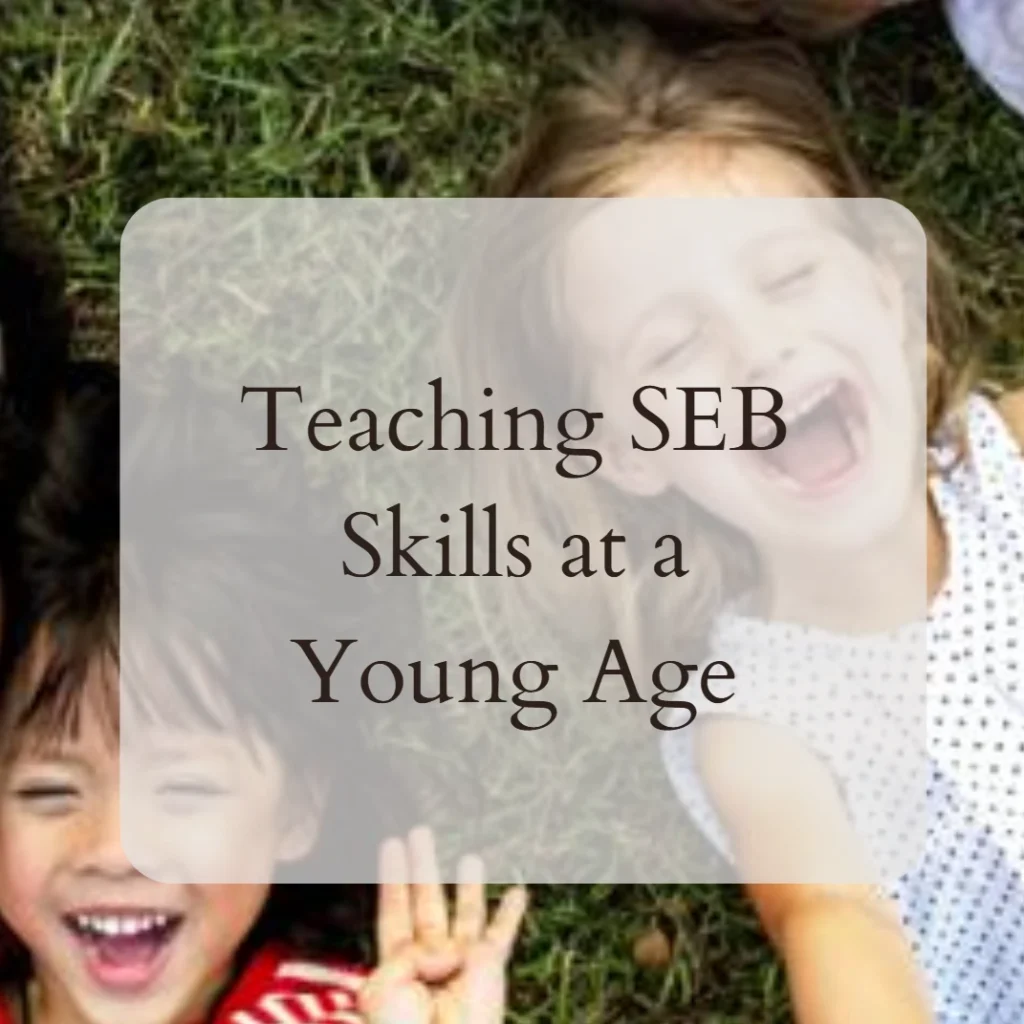AEPS®-3 is a system to assess, track, and nurture the development of children from first months through kindergarten. Led by the early intervention visionary Dr. Diane Bricker and the Early Intervention Management and Research Group (EMRG), AEPS-3 is a revolutionary assessment and curriculum system that is backed with 40 years of scientific research. The Early Intervention Management and Research Group (EMRG), a non-profit mutual benefit corporation, leads the development and ongoing research for AEPS-3.
AEPS-3 is for the age group from birth to age 6 children. The curriculum spans three levels: Beginning, Growing, and Ready. AEPS-3 helps you strengthen school readiness for every child by tracking and supporting core skills across various areas of development. Collecting the children data you need, running reports with just a few clicks, seamlessly linking test results with teaching and intervention, and actively engaging families as partners is part of daily routines and activities to monitor the progress of children.
The AEPS-3 test scores are proven to be highly effective and reliable to monitor the progress of children and to provide an accurate measure of changes and improvements in a child’s performance. The AEPS-3 helps you to:
- Collect essential assessment data
- Pick up small increments in progress
- Link assessment to a tiered curriculum
- Track and support emerging skills
- Strengthen school readiness
- Involve family into effective learning for children
The AEPS-3 complete kit includes:
- User’s Guide
- Assessment
- Beginning Curriculum
- Growing Curriculum
- Ready Curriculum
- 2 5-packs of Child Observation Data Form (CODF)
- 1 10-pack of Family Report
- 1 10-pack of Ready-Set
- Quick Reference Guides
- Forms USB
The AEPS-3 Path
Assessment
It starts with an assessment – you’ll use the AEPS-3 to assess a child’s skills and abilities in 8 key areas: fine motor, gross motor, adaptive, social-emotional, social-communication, cognitive, literacy, and mathematics. Family forms are used to gain information about the child from the immediate family environment. Once this assessment is done, it is time to develop goals.
Develop Goals
Based on the inputs from the assessment, you can pinpoint what children can do, identify areas where they need support, and develop IFSP/IEP goals and outcomes they can work toward.
Plan Teaching
The AEPS-3 Curriculum uses evidence-based practices in a proven, child-directed approach that embeds children’s goals and objectives in routines and activities. Professionals teach skills through 18 daily routines and activities with differentiation for children from birth to 6.
Monitor Progress
Again, assess the child on the AEPS-3 test and understand the progress of the child and fine-tune the goals and teaching plans. Ongoing monitoring helps you evaluate the effectiveness of teaching and intervention and discover when goals and objectives have been reached so you can move on to new ones.
The AEPS-3 gives your early childhood program the most accurate, useful child data and a proven way to turn data into action across everything you do, from goal setting to teaching to progress monitoring. Use this highly effective and efficient linked system to assess, develop goals, implement instruction, and monitor progress of every child you work with, from the first months of life through kindergarten.
Hope this is useful, thank you.
You may like to read about: The Value of Compassion in Teaching Children, Guidelines for teaching with humor, & The Importance of Patience for Teachers




